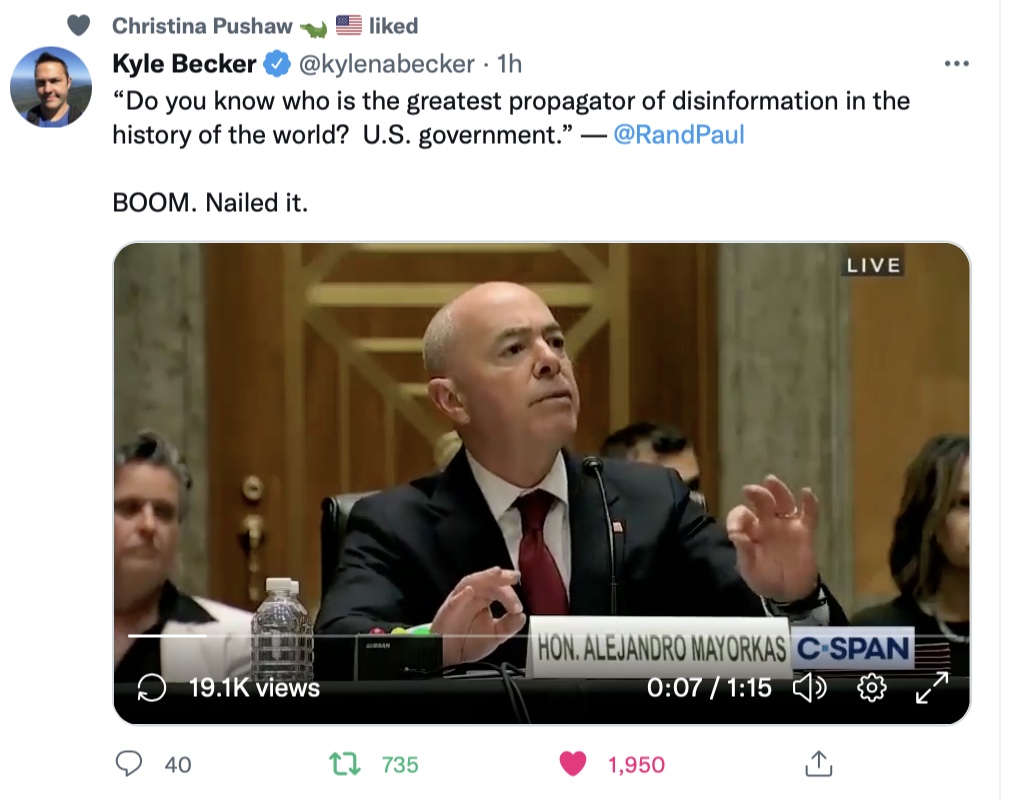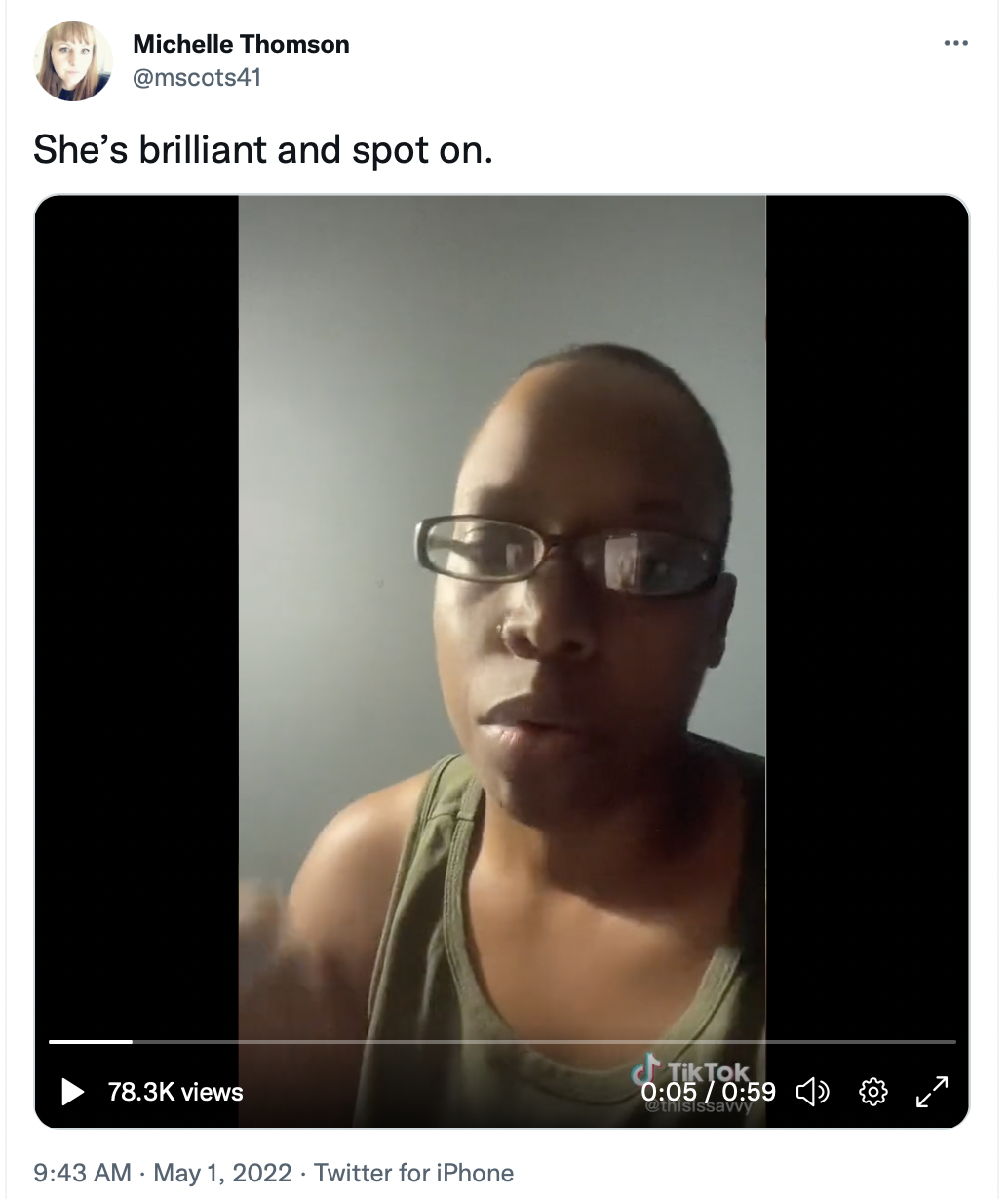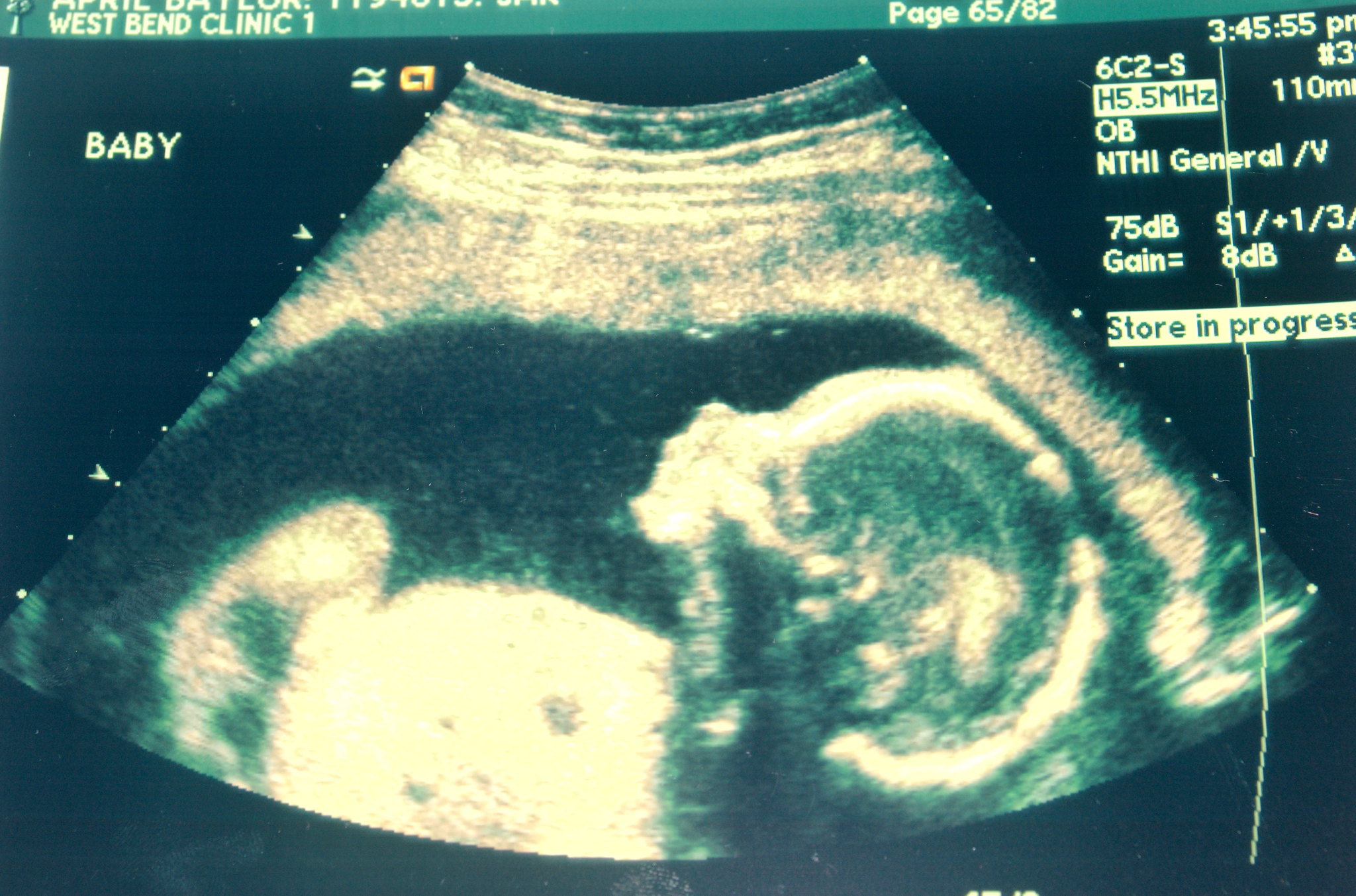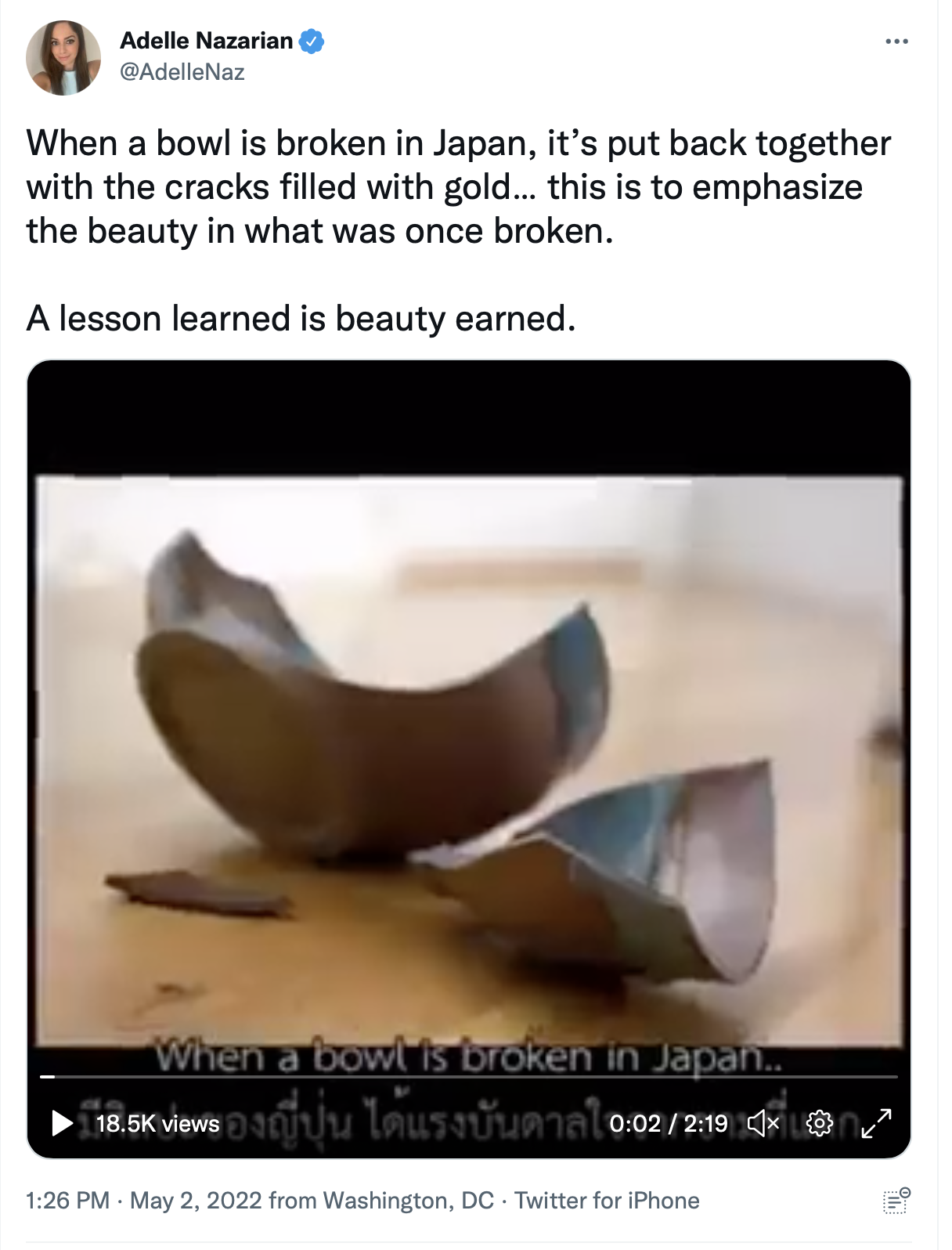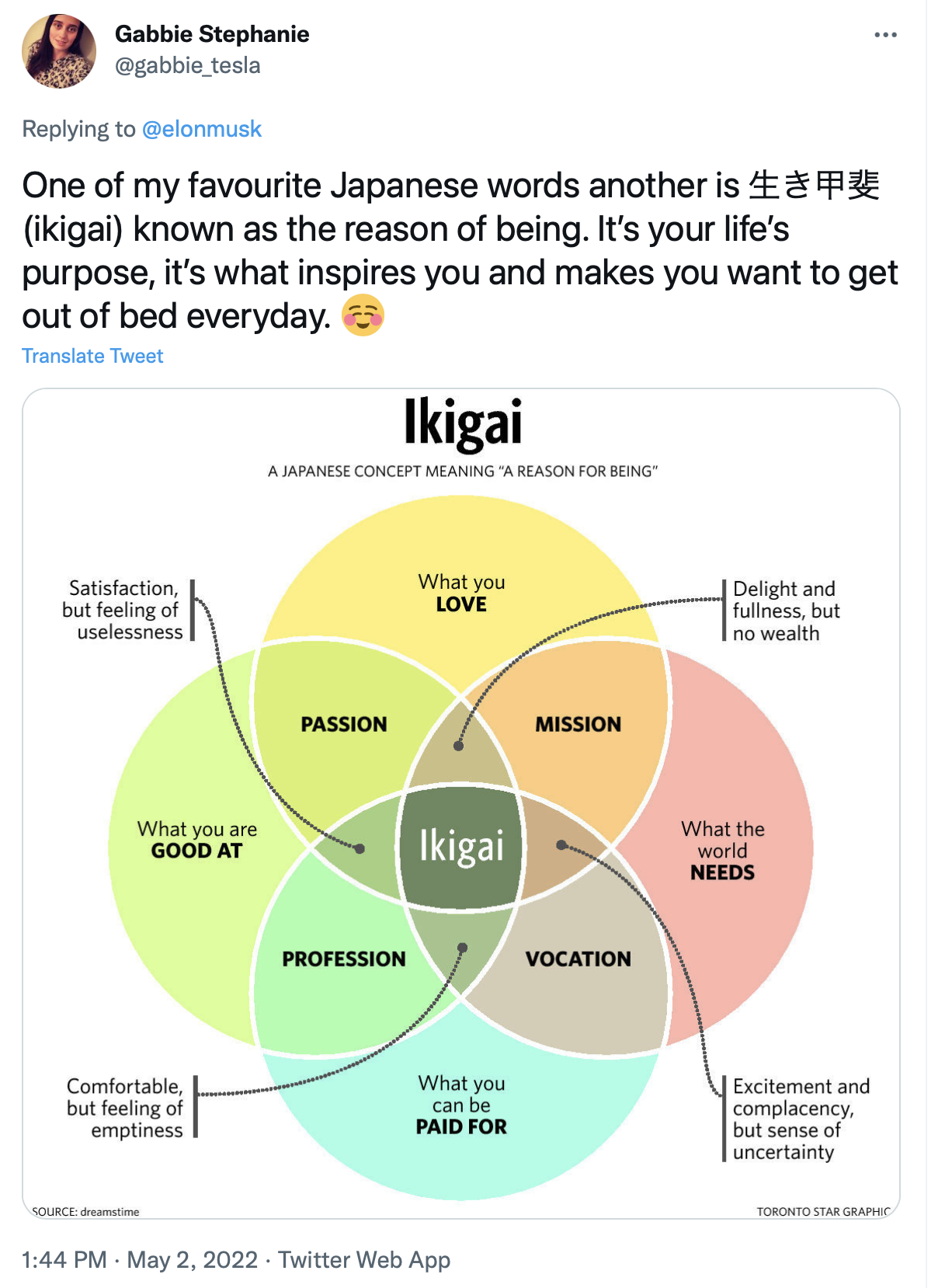Some Practical Advice from Psychologist Dan Gilbert
I recently listened to an episode of Steven Levitt's excellent podcast, "People I (Mostly) Admire." On Episode 73, Stephen's guest was Harvard psychologist Dan Gilbert, who is quite a character. I would invite you to listen to the entire podcast, which was quite entertaining. There were several points in the podcast where it occurred to me that Gilbert was offering some practical advice that I could use in my own life. I recorded those portions of the podcast and created a transcript. Here are those excerpts:
[The End of History Illusion]
Dan Gilbert: The End of History illusion, is very simple idea, which is that people tend to believe that they will change in the future, less than they actually do. Almost all of us have this sense that development is this process that's brought us to this point, we've now become our actual selves. And from here on out, there will be wrinkles and pounds, but will basically be who we've always been. And what we discovered in our research was that when people look back, they say, Wow, have I changed a lot in the last 10 years, but I don't expect to change much in the next 10 years. That sounds probably like a teenager to win it. But it's also true of people in their 50s and 60s and older. . . . The rate of change does slow. It just doesn't slow as much as we anticipate. So you're right to think, you know, I'm probably not going to change as much between 50 and 60, as I did between 20 and 30, you're just wrong to say you're not going to change at all, I just turned 64. And somebody asked me what's it like? I said, it's like a whole new puberty!
[Shocking Boredom]
We were very interested in why people find it difficult to be alone with their own thoughts. We put people in a room with a shock machine, and they got to feel the shocks, so they could find out that they were pretty intense, and they hurt. And we even asked them how much money they would pay to avoid being shocked. And they were willing to pay a reasonable amount of money. How much would you pay to avoid the shock? You know, if I were an economist, that's the thing I would remember. But the point is, they didn't enjoy the shocks, they would even be willing to pay some amount of money, it doesn't even matter how much to avoid them. Because what comes next flies in the face of that declaration, which is when they're in a room alone, no phone, no wristwatch, no books, and they're just asked to sit and entertain themselves with their own thoughts. But they're told that if they want, they can certainly shock themselves. Guess what happens? The majority of men, and a healthy number of women, do so. . . . most people find it so aversive to have no stimulation whatsoever, that they're even willing to experience a little pain and play with that just to have something to feel.
Steve Levitt: I wish we could go back in time, and do this experiment. In 1975, when there were four TV stations, and there was no internet, no cell phones, we would have suffered horribly back in those days, if we weren't able to be alone with our thoughts. Do you think this is very much a product of modern technology?
Dan Gilbert: Think of a family living in a small log cabin, in the middle of Montana, going through the winter, barely going outside there in one room, there's no TV, there might be a Bible, who knows if anybody can read? Oh, my gosh, there's nothing to do. And yet, as far as we can tell, there are no reports of people killing themselves out of boredom. So my guess is people were once upon a time, much better at closing their eyes and entertaining themselves than we are today. In a world that's just so full of entertainment, that we barely have a chance to close our eyes. I think imagination is a remarkable capacity. And that in all past generations, it was required. Very little imagination is required to live in the 21st century.
[On Having Fun with Anything]
Dan Gilbert: I would say that the reason I put so much time and effort into my teaching is because I'm lazy. And lazy people don't like to work.
[More . . . ]
The Problem with the Words “Cis-Woman” and “Cis-Gender”
This explanation gets right to the point. And addresses my reason for refusing to be called a called a cis-man.
The Flagrant Dishonesty of Most Arguments For and Against Abortion
In 2019, Caitlyn Flanagan published a noteworthy article about abortion that recognized that most "arguments" about the legality of abortion are dishonest. Most of these "arguments" have zero chance of moving a person on the other side of the issue to a new understanding or a new position. Most such "arguments" fail because they refuse to give the other side its best foot forward. They are worse than straw man arguments or least charitable readings. They are like athletic competitions where only one team takes the field. Most of these "arguments" are thus political rants and rallying cries, not good faith discussions.
Here is an excerpt from Flanagan's excellent article, titled "THE DISHONESTY OF THE ABORTION DEBATE: Why we need to face the best arguments from the other side":
The argument for abortion, if made honestly, requires many words: It must evoke the recent past, the dire consequences to women of making a very simple medical procedure illegal. The argument against it doesn’t take even a single word. The argument against it is a picture.
This is not an argument anyone is going to win. The loudest advocates on both sides are terrible representatives for their cause. When women are urged to “shout your abortion,” and when abortion becomes the subject of stand-up comedy routines, the attitude toward abortion seems ghoulish. Who could possibly be proud that they see no humanity at all in the images that science has made so painfully clear? When anti-abortion advocates speak in the most graphic terms about women “sucking babies out of the womb,” they show themselves without mercy. They are not considering the extremely human, complex, and often heartbreaking reasons behind women’s private decisions. The truth is that the best argument on each side is a damn good one, and until you acknowledge that fact, you aren’t speaking or even thinking honestly about the issue. You certainly aren’t going to convince anybody. Only the truth has the power to move.
Photo Credit: Creative Commons with permission by Mark Baylor
About Wabi-sabi
Such a beautiful concept: Wabi-sabi
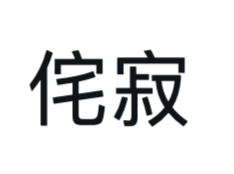
In traditional Japanese aesthetics, wabi-sabi (侘寂) is a world view centered on the acceptance of transience and imperfection.The aesthetic is sometimes described as one of appreciating beauty that is "imperfect, impermanent, and incomplete" in nature. It is prevalent throughout all forms of Japanese art.
Oh, and one more concept from Japan: Ikigai.
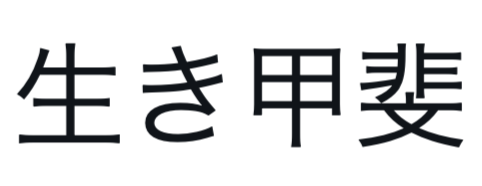
One of my favourite Japanese words another is 生き甲斐 (ikigai) known as the reason of being. It’s your life’s purpose, it’s what inspires you and makes you want to get out of bed everyday.
- Go to the previous page
- 1
- …
- 238
- 239
- 240
- 241
- 242
- 243
- 244
- …
- 1,986
- Go to the next page

